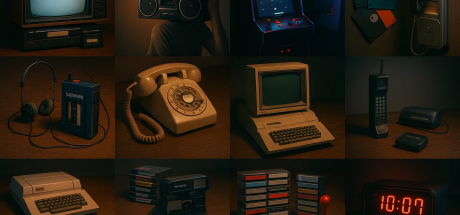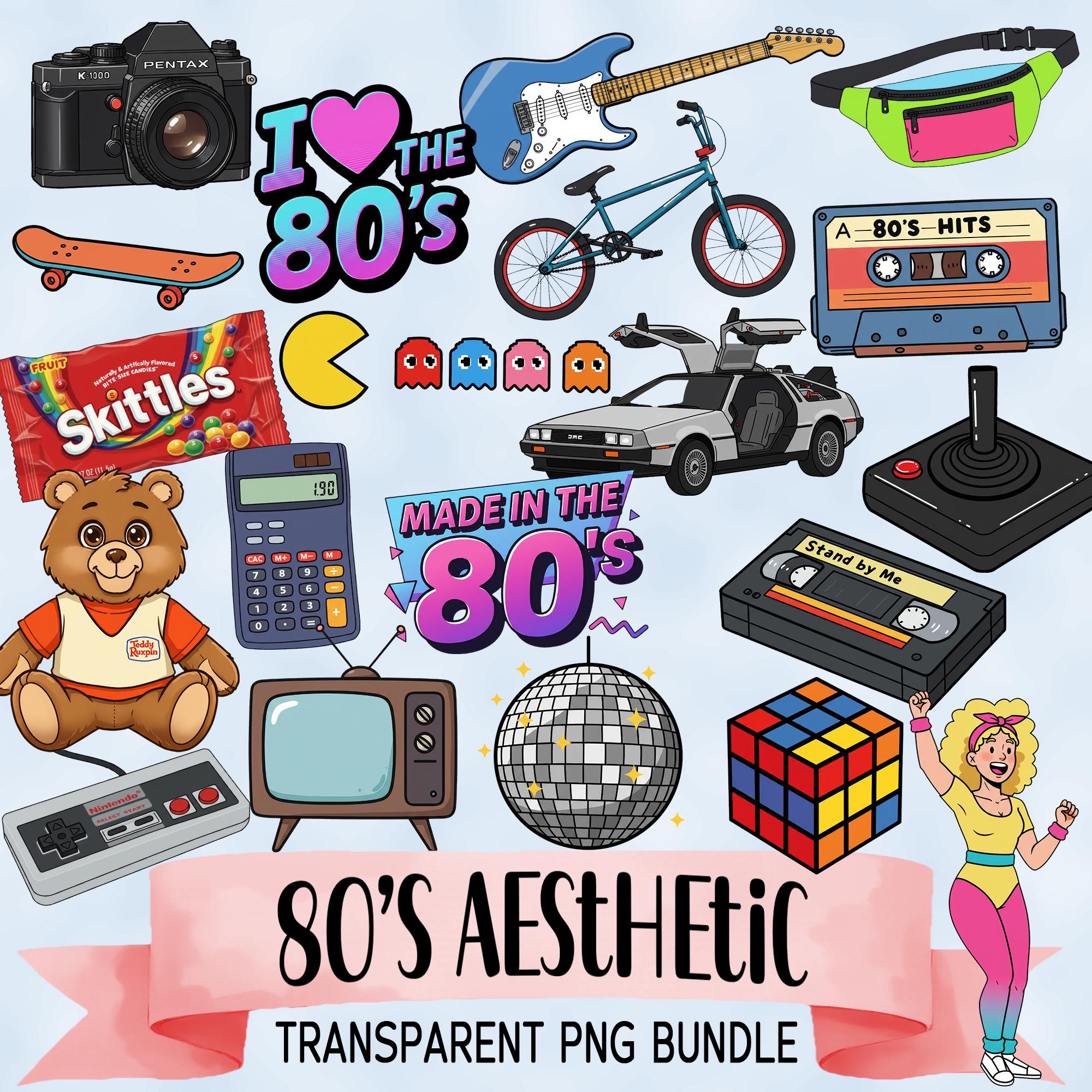Two Lives: Growing Up Between Worlds

If you were born around the late seventies to early eighties, you might have noticed something strange. It feels like you’ve lived not one life, but two. One in an analog world, and another in a digital one.


Back then, everything was slower. There was no internet, no smartphones, no constant buzz of notifications. If you wanted to talk to someone, you picked up the house phone or just showed up at their door. You’d watch whatever was on TV, tape songs off the radio, and wait a whole week for your favorite show. News came from newspapers or magazines, and games arrived in boxes with thick manuals and that new-plastic smell.


Then the world flipped.
Dial-up tones gave way to broadband, clunky Nokias became sleek touchscreens, and suddenly you could carry the entire internet in your pocket. The quiet hum of daily life turned into an endless scroll. The same generation that once waited for mixtapes now streams every song in existence.
That small group born roughly between 1977 and 1983 came to be known as the Xennials. Too young to be pure Gen X, too old to be full Millennials. They grew up outside the web, yet they built it. They remember handwritten letters and MySpace layouts, LAN parties and local arcades. They can still smell the dust of VHS boxes but also understand Wi-Fi passwords and two-factor logins.
It’s an odd place to be.
We’ve seen the world move from cassette tapes to cloud storage, from neighborhood hangouts to global networks, from silence to noise. There’s a certain nostalgia in that — a longing for when you had to wait for things. But there’s pride too. We adapted. We carried the past into the future and helped shape what came next.
If you ever feel like you don’t fully belong to one era or the other, you’re not wrong. You lived through both. And that makes your perspective rare, valuable, and entirely human.


Back then, everything was slower. There was no internet, no smartphones, no constant buzz of notifications. If you wanted to talk to someone, you picked up the house phone or just showed up at their door. You’d watch whatever was on TV, tape songs off the radio, and wait a whole week for your favorite show. News came from newspapers or magazines, and games arrived in boxes with thick manuals and that new-plastic smell.


Then the world flipped.
Dial-up tones gave way to broadband, clunky Nokias became sleek touchscreens, and suddenly you could carry the entire internet in your pocket. The quiet hum of daily life turned into an endless scroll. The same generation that once waited for mixtapes now streams every song in existence.
That small group born roughly between 1977 and 1983 came to be known as the Xennials. Too young to be pure Gen X, too old to be full Millennials. They grew up outside the web, yet they built it. They remember handwritten letters and MySpace layouts, LAN parties and local arcades. They can still smell the dust of VHS boxes but also understand Wi-Fi passwords and two-factor logins.
It’s an odd place to be.
We’ve seen the world move from cassette tapes to cloud storage, from neighborhood hangouts to global networks, from silence to noise. There’s a certain nostalgia in that — a longing for when you had to wait for things. But there’s pride too. We adapted. We carried the past into the future and helped shape what came next.
If you ever feel like you don’t fully belong to one era or the other, you’re not wrong. You lived through both. And that makes your perspective rare, valuable, and entirely human.